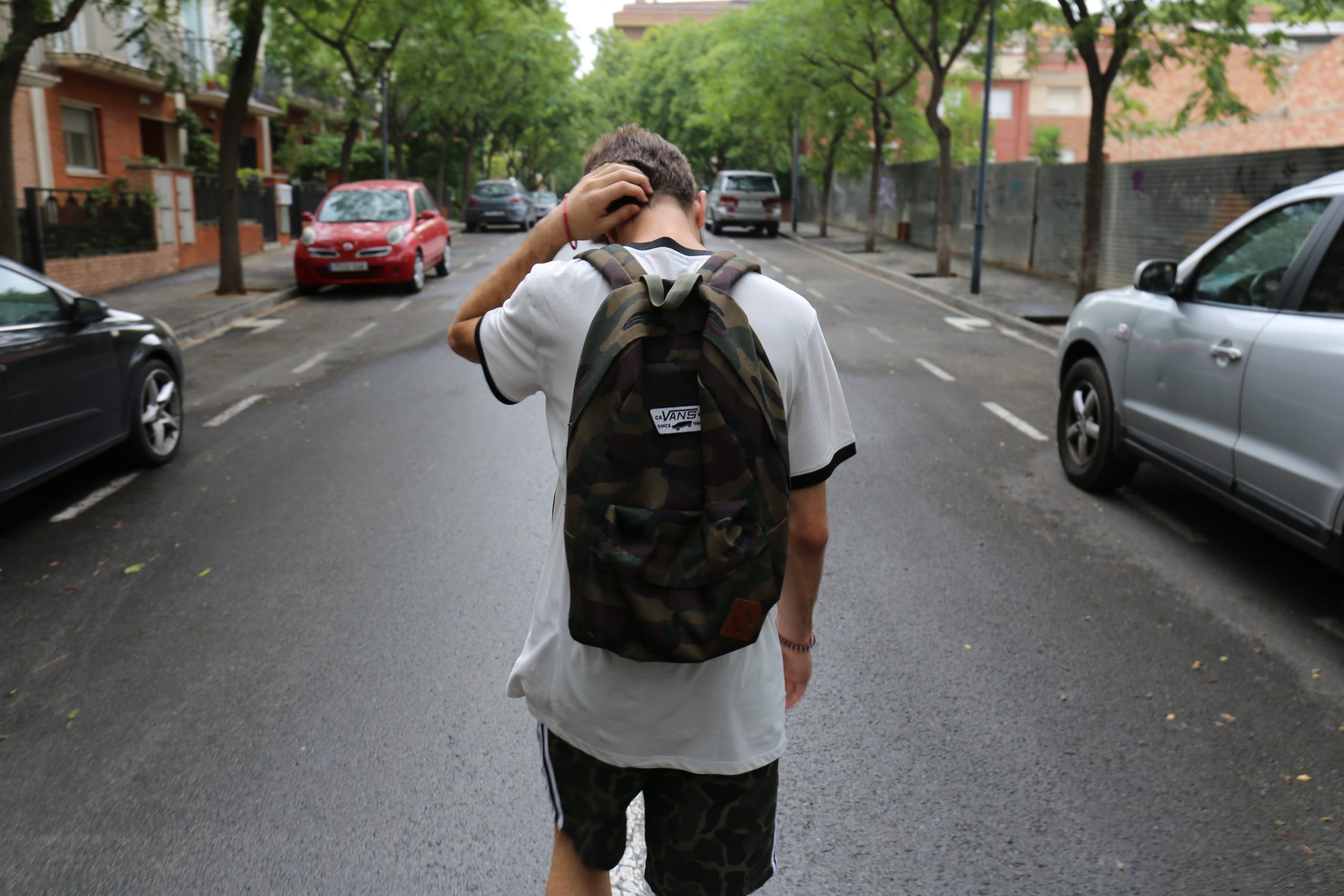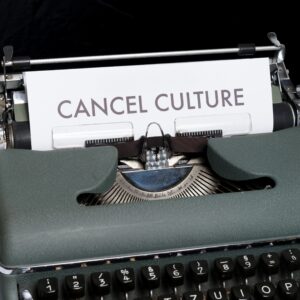We are headed toward another generation of toxic masculinity and misogyny.
One of the main problems with living in a (self-proclaimed) progressive and open-minded bubble is that many of us fall into the trap of applauding ourselves for how far we’ve come in supporting the LBGTQI community. Yet despite our self-righteous proclamations, it appears that most of our children and teens – particularly our young boys – still haven’t gotten the memo. If we don’t intervene soon, we are headed toward another generation of toxic masculinity and misogyny.
“No Homo!”
Despite our push for making metropolitan areas a safe-hub for the LBGTQI community – our schools still tell a very different story. In most schools, it is still not safe for boys to be anything other than cisgender heterosexual males.
As a former public school teacher, I witnessed countless instances of homophobia and gay-bashing. In the ongoing witch-hunt, exclamations of “No homo!” and “That’s gay!” were a staple of our teens’ conversations. Worse, if a boy was actually labeled gay by his peers – it was often a social death-sentence. He would inevitably lose friends and be ridiculed and bullied by his former peers.
Hot Music or Hot Musicians?
As was the case in every generation prior, many male teens enjoy music that is considered “off limits” within their peer groups. I grew up in the 90’s loving N’sync, the Back Street Boys, Britney Spears, and even the Spice Girls. But I had to keep these CDs carefully hidden, and could only listen to this music in secret so that my peers would not laugh me and call me a pussy (let’s not get into everything that’s wrong with the use of this word).
Despite the fact that most of us boys actually listened to this music – we had to pretend like we didn’t. We could only justify liking these female musicians for one thing, and one thing only – their bodies. Nothing has changed – it is still perfectly acceptable for boys to plaster pictures of female celebrities all over their lockers, to ogle at – but those who go as far as to actually express interest in the music are openly shamed.
Living in Fear
Let’s face it – many boys will question their sexuality at some point while growing up. I certainly did. Yet whether gay, straight, or bi – even so much as a fleeting sexual thought about a male friend while growing up sent most of us into a spiral of shame and fear. God forbid we questioned our gender identity!
Most teens still grow up trapped in a world that shows no mercy. They feel like they have no one to talk to. They have no way of knowing that many of their friends are struggling with the exact same fears and insecurities.
Regardless of their sexual orientation, boys are typically forced to bottle up their feelings, curiosities, and fantasies – but also to lash out and even attack anyone who “chooses” to expresses themselves otherwise.
Lord of the Flies
Us progressive adults often presume that we are crusaders of social justice – and by extension, we assume that our kids are automatically on the same path. We think that by merely encouraging our own children to be themselves and to treat everyone with respect – we are somehow solving the problem of toxic masculinity.
This naïve conviction is the same thing as believing that by simply telling our children to treat everyone as equals, we will somehow solve racism.
Despite what we try and teach them at home, the sad reality is that the harassment, hazing, and gay-bashing that our teenage boys experience at school, sports practice, or simply just hanging out with their friends – ultimately end up being their most impactful lessons about what it means to “be a man.”
Any Hope?
If we want this to change, we need to:
- Model the vulnerability and courage that it takes to speak up when someone is being ridiculed front of others.
- Be more explicit with our lessons and give them context – explicitly teaching them about how and why toxic masculinity has become the norm, and what that looks like.
- Set better boundaries for our teens – we cannot continue to settle for the old adage, “boys will be boys.”
If we don’t begin engaging in these conversations head-on both at home and in schools, we are not only letting our teens down – but also, we will remain complicit in creating yet another generation steeped in misogyny and toxic masculinity.
david
Related Posts
- 1 year ago
- 1 year ago
- 1 year ago
- 2 years ago




